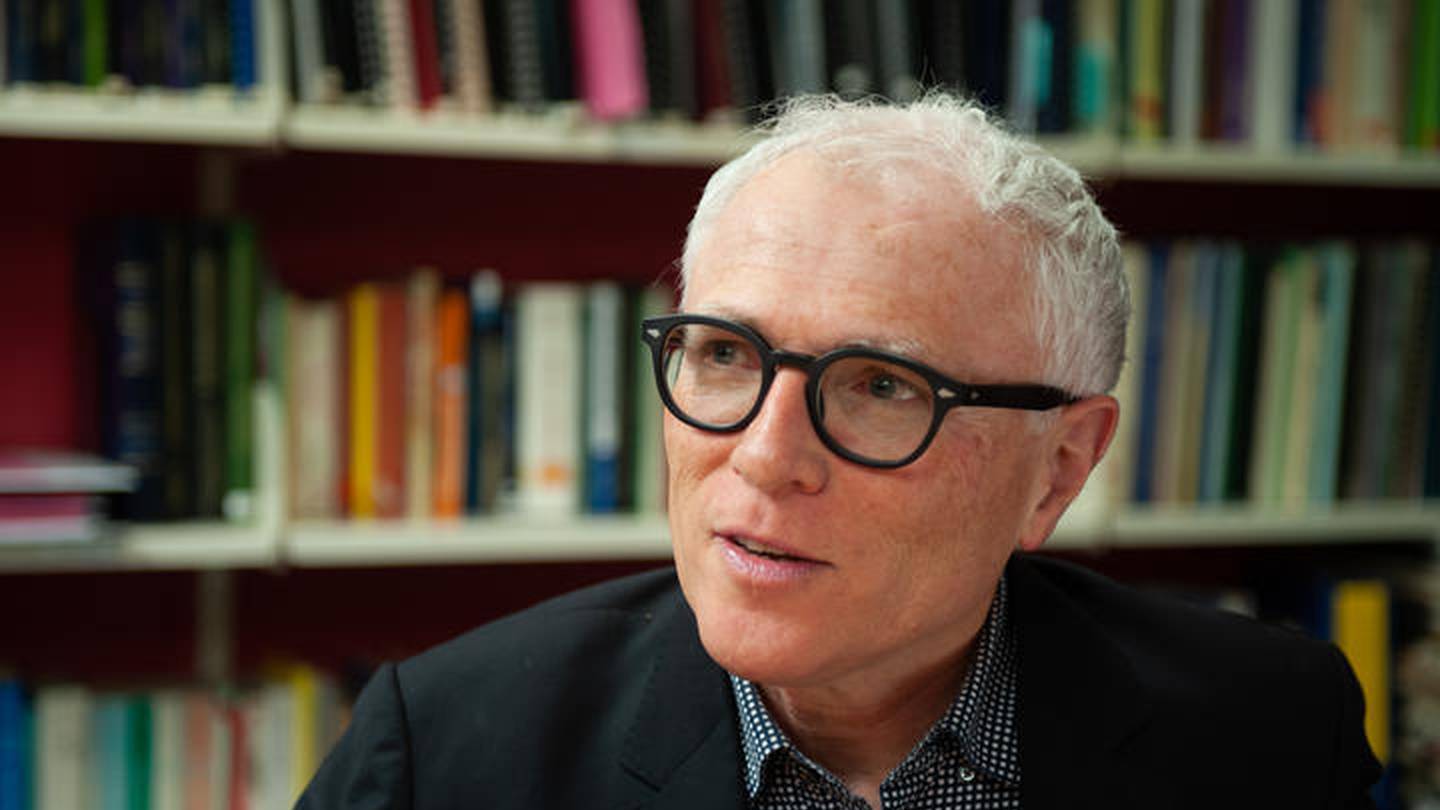
This follows a complaint after a MIQ guest was given permission to visit a patient at Christchurch Hospital on Monday, before the full 14 days were up.
MBIE said temporary passes are rare with only 44 exemptions since last July.
Otago University epidemiologist Professor Michael Baker said the reasons should be revealed for every one of them.
"One thing I think possibly would be useful is for any exemptions to be described quite openly and systematically so everyone in New Zealand could see how the rules were being applied."
Baker said guests should only be released under special circumstances as the country is relying on a tough response.
"It does require quite a bit of [investigative] journalism to identify these events and i know in the past there has been exemptions a lot of us would have questioned.
"At least one high-profile diplomat was allowed to isolate at home."
A Managed Isolation and Quarantine spokesperson said the threshold for exemptions is extremely high and very few exemptions are granted.
They also must return a negative Covid-19 test before they can go into the community.
"MIQ exemptions under the exceptional circumstances category cover requests such as the death of a family member or to visit a terminally ill relative. These applications are assessed on a case-by-case basis.
"The key factor in assessing an exceptional circumstances exemption application is the public health risk of transmitting Covid-19 to the community. Those applications that are approved are usually as a temporary pass out, when the applicant leaves the managed isolation for a short period of time and returns directly to the managed isolation facility."
The spokesperson said applicants must agree to strict release plans with travel provided with an approved escort, such as security or government personnel.
The strict release plan sets out where the individual will visit, and for how long. This includes keeping 2 metres apart from family and loved ones.











